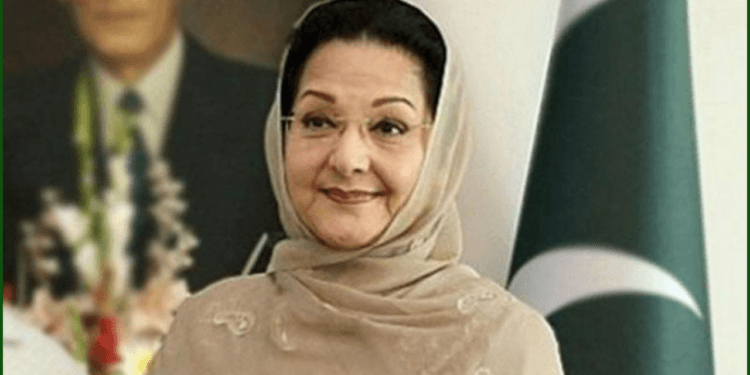In a landmark decision aimed at revolutionizing healthcare in Punjab, Chief Minister Maryam Nawaz Sharif has given the go-ahead for the construction of the Kulsoom Nawaz Hospital in Rawalpindi Cantt. The ambitious project, set to become a beacon of modern medical care, promises to deliver world-class healthcare services to the region’s residents, fulfilling a long-standing need for advanced facilities in this bustling urban hub.
The hospital will rise on a sprawling 36-kanal site, previously occupied by the old General Transport Service (GTS) terminal near Chohar Chowk, strategically located in the heart of Rawalpindi Cantt. With a capacity of 3,000 beds, the facility is poised to be one of the largest healthcare centers in the province. A dedicated ward for cardiac care will cater to the growing demand for specialized treatment, addressing the rising incidence of heart-related ailments in the area.
According to sources close to the project, the hospital’s PC-1 plan—a detailed blueprint for its development—has already been finalized. Construction is slated to commence within the year, pending the allocation of funds through the Public Sector Development Programme (PSDP). This financial backing underscores the government’s commitment to enhancing public welfare through robust infrastructure investments.
The Kulsoom Nawaz Hospital is expected to serve as a lifeline not only for Rawalpindi’s residents but also for those in neighboring regions such as Taxila, Attock, Haripur, Fateh Jang, Tarnol, and Hassan Abdal. By providing cutting-edge medical services closer to home, the facility aims to reduce the burden on overcrowded hospitals in Islamabad and Lahore, where patients often travel long distances for treatment.
Local leaders have hailed the initiative as a transformative step for Rawalpindi. National Assembly member Malik Ibra and Provincial Assembly member Malik Iftikhar spoke passionately about the project’s significance. “This hospital is more than just a building—it’s a symbol of progress and care for the people,” Malik Ibra told Express News. “Rawalpindi has always been a stronghold of Nawaz Sharif’s vision, and under the leadership of Maryam Nawaz Sharif and Prime Minister Shehbaz Sharif, we are turning that vision into reality.”
The lawmakers emphasized that the hospital marks the beginning of a broader development agenda for Rawalpindi, a city they describe as the beating heart of Nawaz Sharif’s political legacy. “Our mission is to serve the public and elevate Rawalpindi into a modern, developed city,” Malik Iftikhar added. Special funds have been earmarked for the project, with Prime Minister Shehbaz Sharif expected to lay the foundation stone in a ceremony that will signal the start of this monumental endeavor.
Beyond its healthcare benefits, the hospital is anticipated to create hundreds of jobs, from construction workers to medical professionals, boosting the local economy. Residents of Rawalpindi Cantt have expressed optimism about the project, with many viewing it as a long-overdue investment in their community. “For years, we’ve needed a facility like this,” said Ayesha Khan, a local shopkeeper. “It’s a relief to know help will soon be nearby.”
As the Kulsoom Nawaz Hospital takes shape, it stands as a testament to Punjab’s evolving landscape—one where healthcare innovation and public service converge to build a healthier, more prosperous future.

















































